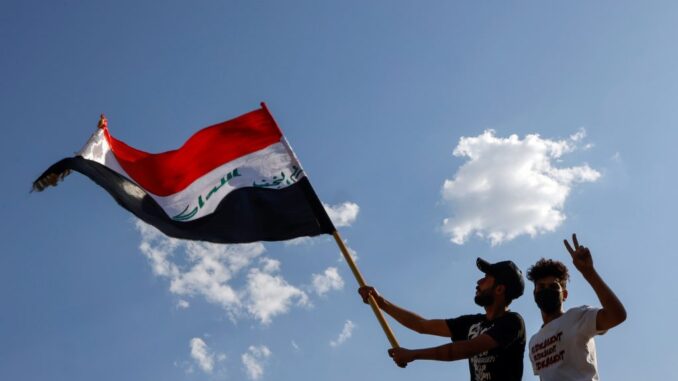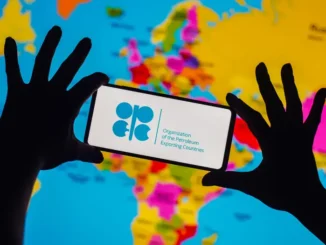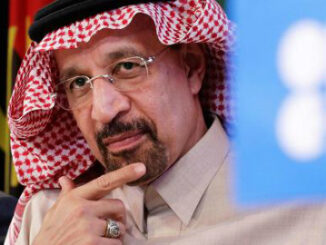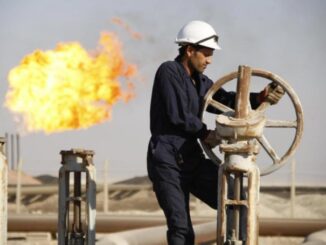
OPEC will maintain its production quotas, as planned, through the end of 2023, Iraq oil minister Hayan Abdul-Ghani said Dec. 3, a day ahead of the bloc’s much anticipated meeting, with its allies to review output policy in the face of EU sanctions on Russian crude and the G7’s price cap.
“Member states of the organization are committed to production rates and to the percentages and quantities of cuts scheduled until the end of 2023,” the minister said in a statement after OPEC’s 13 members met virtually on mostly administrative matters.
The full OPEC+ alliance, which includes 10 partners led by Russia, will convene online Dec. 4 at 1 pm Vienna time (1200 GMT).
Delegates had signaled that a rollover of the quotas is the likeliest outcome, given the uncertainty over the impact of the EU embargo on seaborne Russian crude imports that goes into force Dec. 5. The G7’s price cap, which would deny western insurance to tankers delivering Russian oil sold above $60/b, is also scheduled to be implemented in the coming days.
But some delegates have also said a slight output cut could be possible.
On the other hand, one told S&P Global Commodity Insights that a production increase might be considered to offset the Russian sanctions, though other delegates denied the possibility.
The current OPEC+ quotas were set at the alliance’s last meeting Oct. 5, which called for a 2 million b/d cut from September levels through the end of 2023, to head off an anticipated fall in demand due to China’s aggressive coronavirus lockdown policies and signs of potential recessions in key economies.
US officials, who had reacted angrily to the October decision, are not expected to object to a rollover of quotas, sources said. Platts, a part of S&P Global Insights, assessed Dated Brent at $86.95/b on Dec. 2, down from a three-month peak of $101.72/b on Nov. 7.
“OPEC+ is not scheduled to meet again until June, but could reconvene as soon as January to assess the impact of Russia sanctions and other market uncertainties,” said Paul Sheldon, chief geopolitical adviser for S&P Global Commodity Insights.
Russian intentions
As for key Russian crude Urals FOB Primorsk, Platts assessed the grade at $53.47/b on Dec. 2.
The G7’s price cap will apply to Russian crude based on FOB prices, which do not include the cost of insurance and shipping.
With the $60/b price cap above current Urals prices, some market watchers expect Russian exports will continue to flow broadly as before, having little impact on Moscow’s oil revenues but achieving the aim of G7 policymakers who want to keep the global market well-supplied.
Kremlin spokesperson Dmitry Peskov said Dec. 3 that Russia will not accept the price cap and is analyzing the situation before taking any decisions, according to a report by the Tass news agency.
Russian Deputy Prime Minister Alexander Novak, who handles the country’s OPEC+ affairs, has said he does not expect an impact on December export volumes as they were contracted in October and November. January volumes are being contracted now.
A nine-country ministerial monitoring committee co-chaired by Saudi Arabia and Russia will meet at noon Vienna time (1100 GMT) ahead of the full OPEC+ meeting on Dec. 4.
Abdul-Ghani, who met with Prince Abdulaziz in Riyadh on Nov. 24 to discuss the OPEC+ agreement and other matters, said in his statement that the alliance would conduct “a review of developments in the oil market and challenges facing producers, and an emphasis on the decisions of OPEC+ regarding reducing production to the prescribed quantities, to achieve more stability and balance for the market.”
Iraqi Prime Minister Muhammad al-Sudani had said Nov. 15 that his country, which pumps the second most crude in OPEC, would seek a higher quota, as it chases more revenues.



